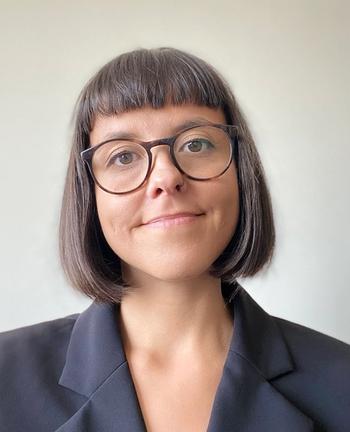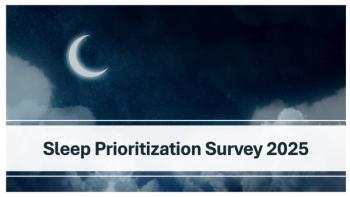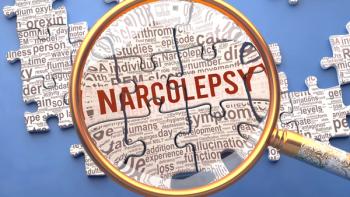
Philips CPAP Recall Continues to Impact Sleep Device Market, and Patients
The company is producing repair kits and replacement devices, but those efforts have led to a shortage of devices.
One year after a leading medical device maker announced a recall of millions of ventilators and positive airway pressure machines, the issue continues to have major implications on the sleep device market, and on the patients who depend on the devices.
Last June, Philips
Eric Mongeau, national sales director at Aeroflow Healthcare, said 12 months on, the situation is still difficult.
“From an impact perspective, not much has gotten terribly better,” he said.
Aeroflow is a North Carolina-based durable medical equipment provider that sells devices made by Philips, among other manufacturers.
Philips
“The big challenge is that half of the volume in the supply chain was gone with part of the recall, and then all of those resources were then put into the remediation—building new devices to then replace the old devices—and none of those were able to be sold into that market.”
Add to that the pandemic-related supply chain issues globally, and you have what Mongeau said amounts to “a double whammy against the industry.”
Patients who use Philips devices have a difficult decision to make. The American Academy of Sleep Medicine has
The recall and the rush to replace the devices has also created a shortage of the semiconductors necessary to build cloud-connected machines, prompting one rival manufacturer to begin re-marketing devices that use SD storage cards, which record data that then must be downloaded by the patient or a provider in order to get actionable insights.
Mongeau said that reversion to earlier technology is bad news, not just for medical equipment suppliers like Aeroflow, but also for patients, providers, and insurers.
“Our entire business is based on early intervention, and you lose the ability to do that when you go to an SD card,” he said.
Mongeau said Aeroflow has worked to cut its backlog of orders by sourcing other FDA-approved equipment. He said right now, there is about a 4-week lead time between an order being placed and being fulfilled, but he said his company hopes to cut that in half by the end of this month.
In the meantime, he and others are hoping the FDA will grant emergency use authorizations (EUAs) to allow other devices into the US market on an emergency basis, similar to how the agency
“One of the things that we've asked the FDA for is to actually have an EUA specific to the CPAP shortage, as this is also a public health emergency,” he said.
Mongeau said such a move would likely result in an influx of new entrants into the US market.
“There are truly dozens of manufacturers globally that are selling into Europe and the Asia Pacific [markets] that just haven't entered the US market because of the barriers to entry in the US,” he said. “And if there was an EUA specific to CPAP and sleep apnea, that could be another option.”
Mongeau said he is optimistic that such a move could be in the offing. In the meantime, he said, demand for positive airway pressure machines continues to rise as more and more providers—including specialists like cardiologists and endocrinologists—screen patients for sleep apnea.
“In the year that this has been going on, our demand has almost gone up threefold,” he said. “And so it's not slowing down.”
Newsletter
Get the latest industry news, event updates, and more from Managed healthcare Executive.























